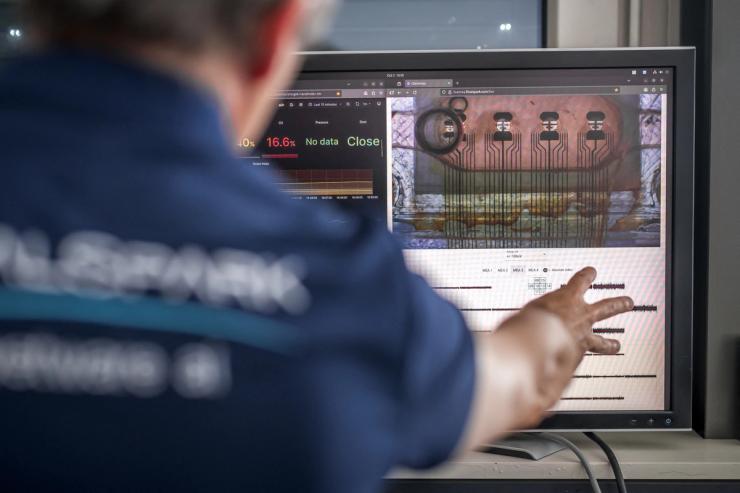A handful of university labs and companies are growing human brain tissue that can interpret and respond to electrical signals, much like a computer, and could eventually create a reliable supercomputer, according to Nature. Some of these brain blobs, about the size of a grain of sand, are taking tasks from researchers around the world and attempting to solve problems.
The most gung-ho researchers hope these biocomputers could rival the abilities of AI, using a fraction of the energy. Human brains operate on the equivalent of about 20 watts, able to perform quadrillions of operations per second. Supercomputers can match that number of computations and speed, but by using significantly more power. The technology is still nascent, with many hurdles to prove its potential. Among them is a whole new set of questions around machine consciousness that could prevent the biocomputers from reaching a point of practical use.

